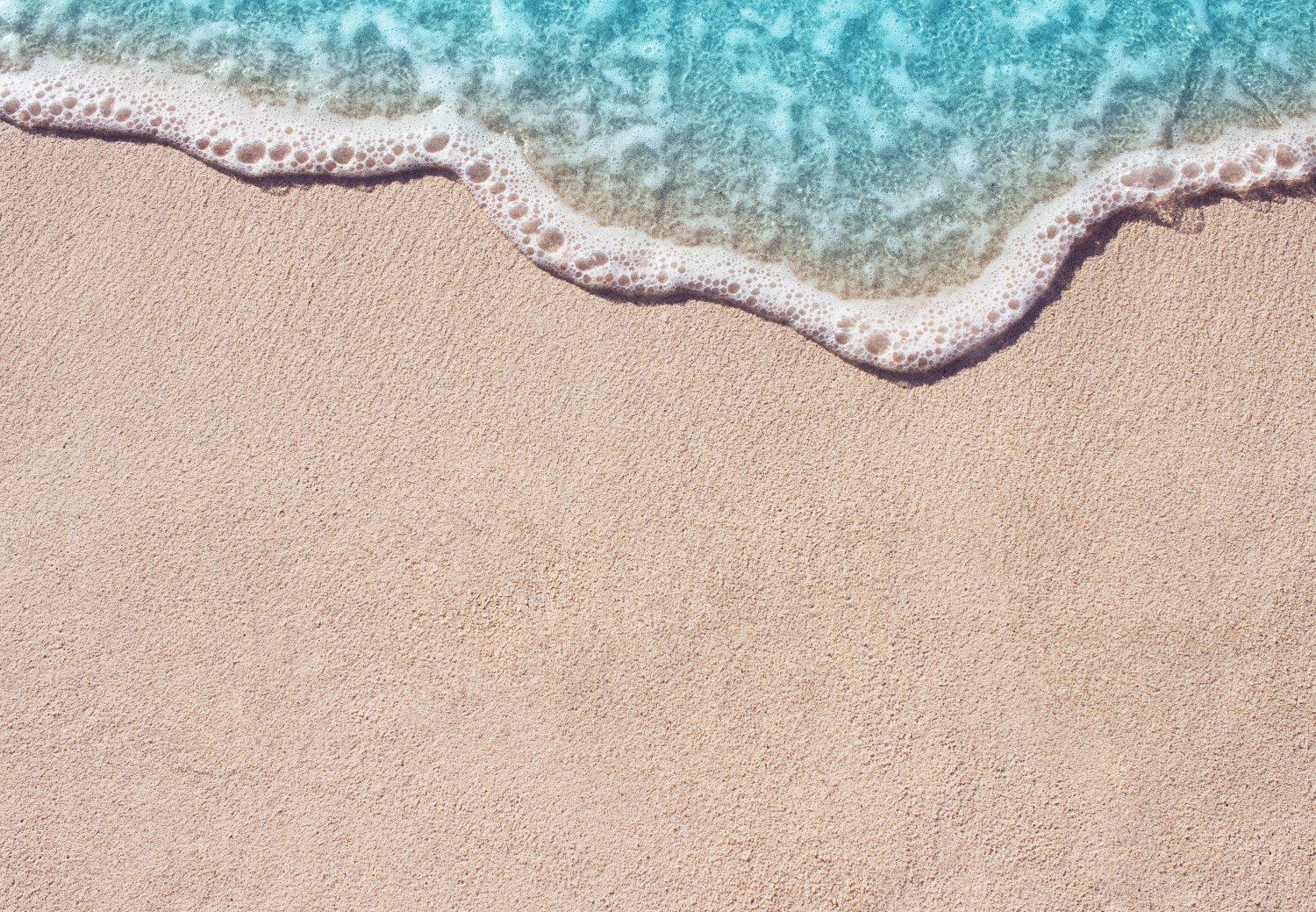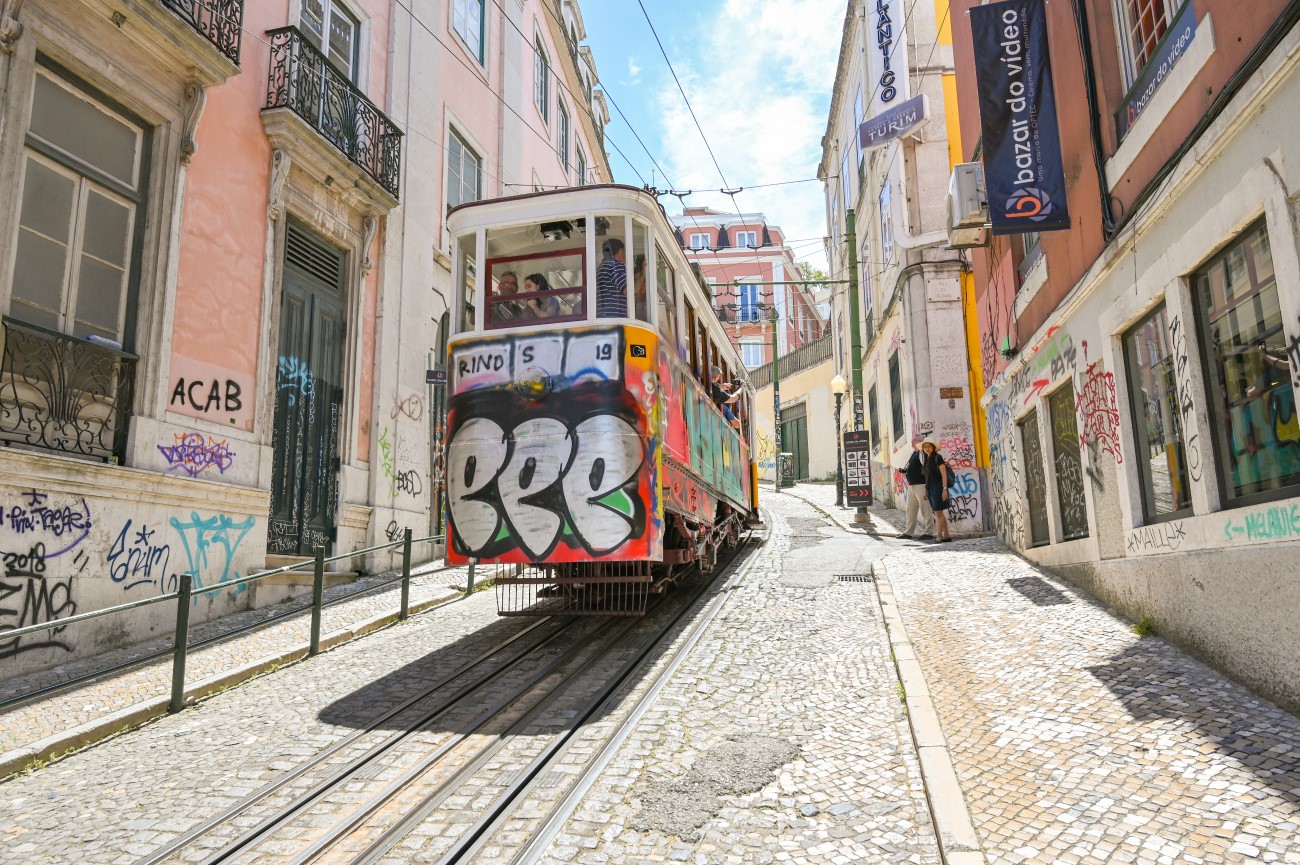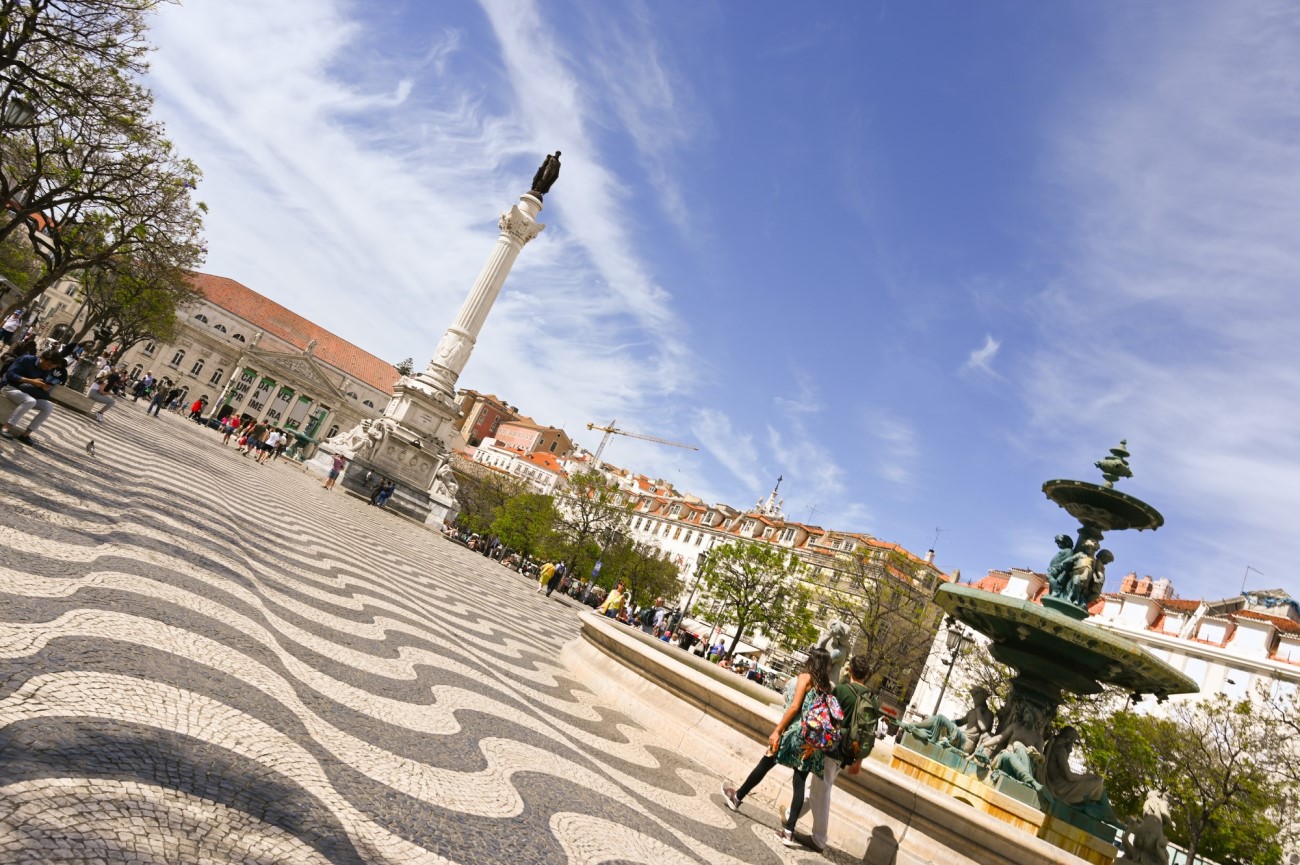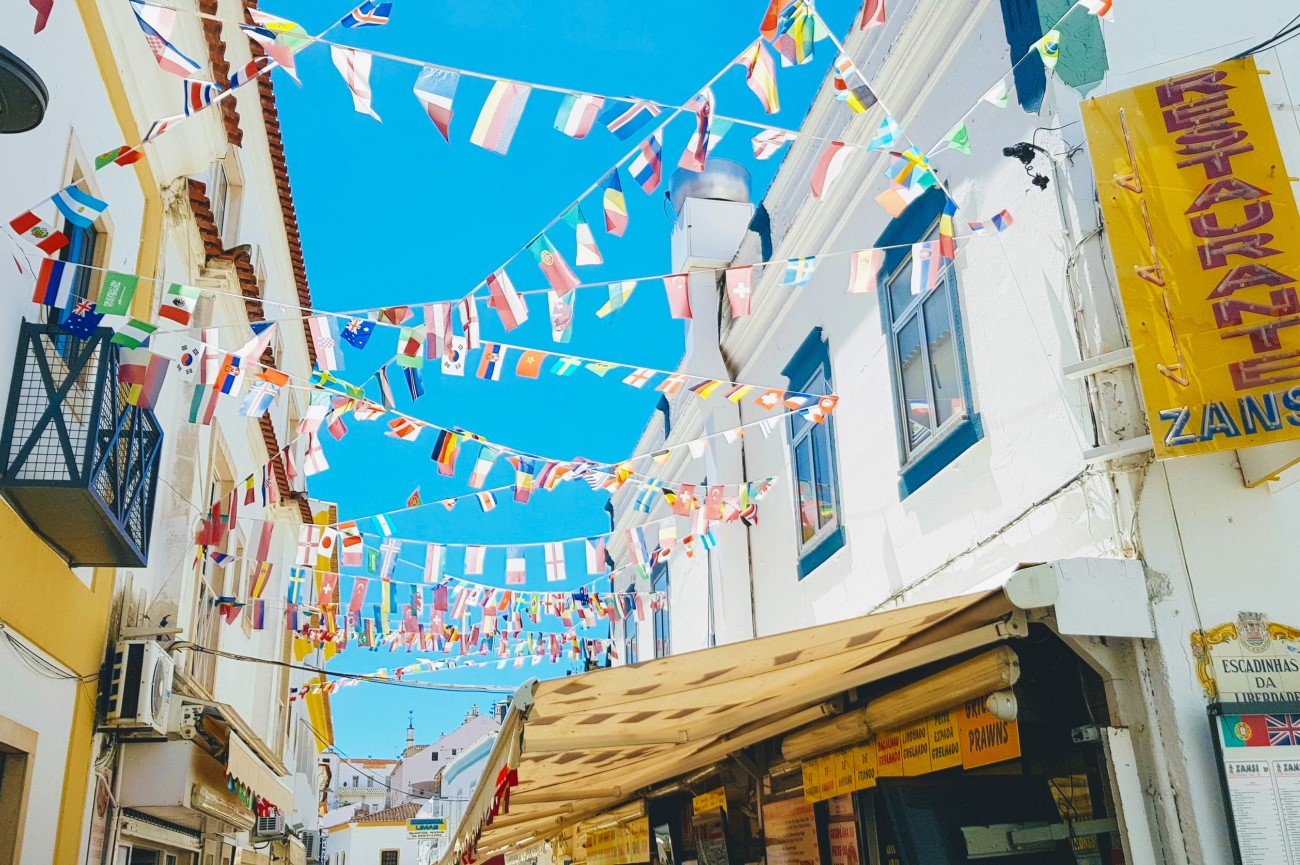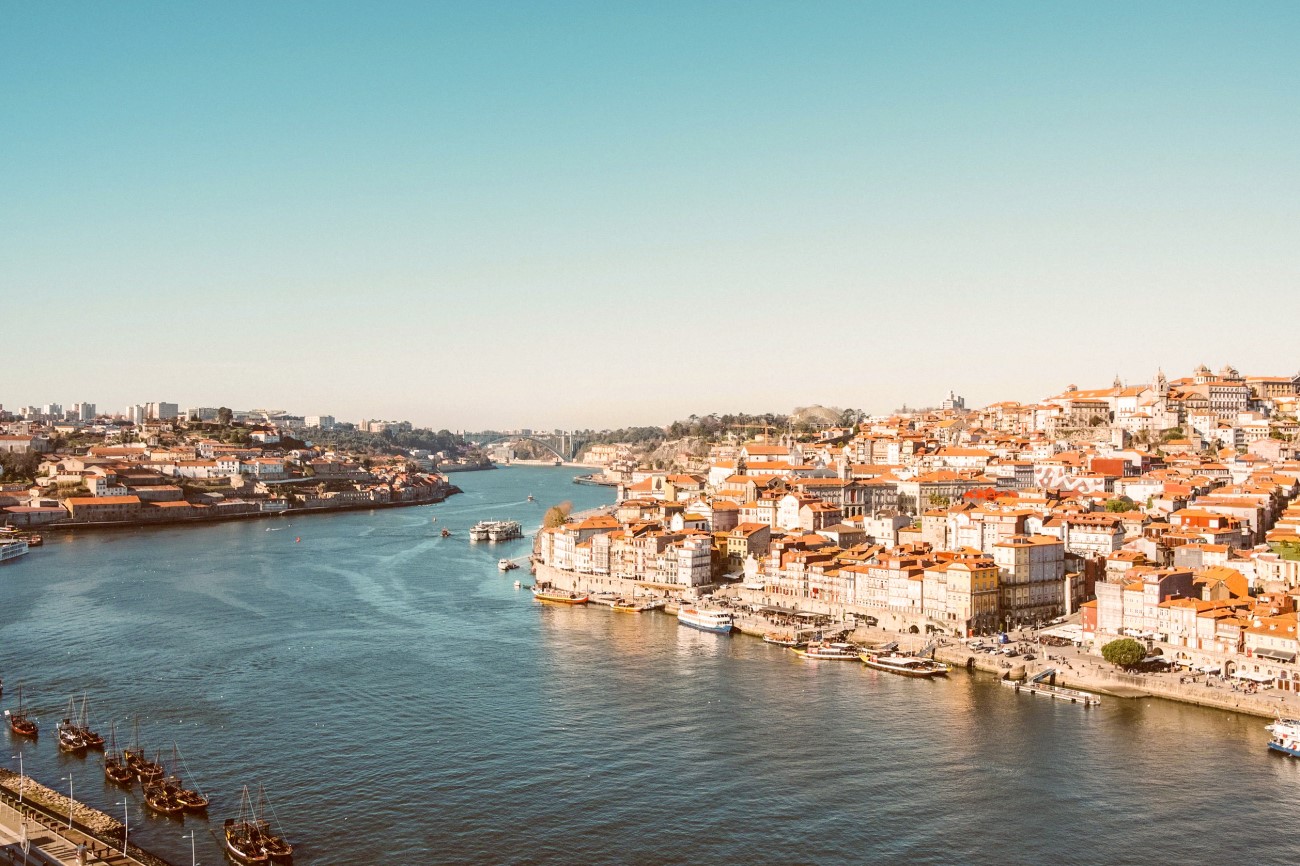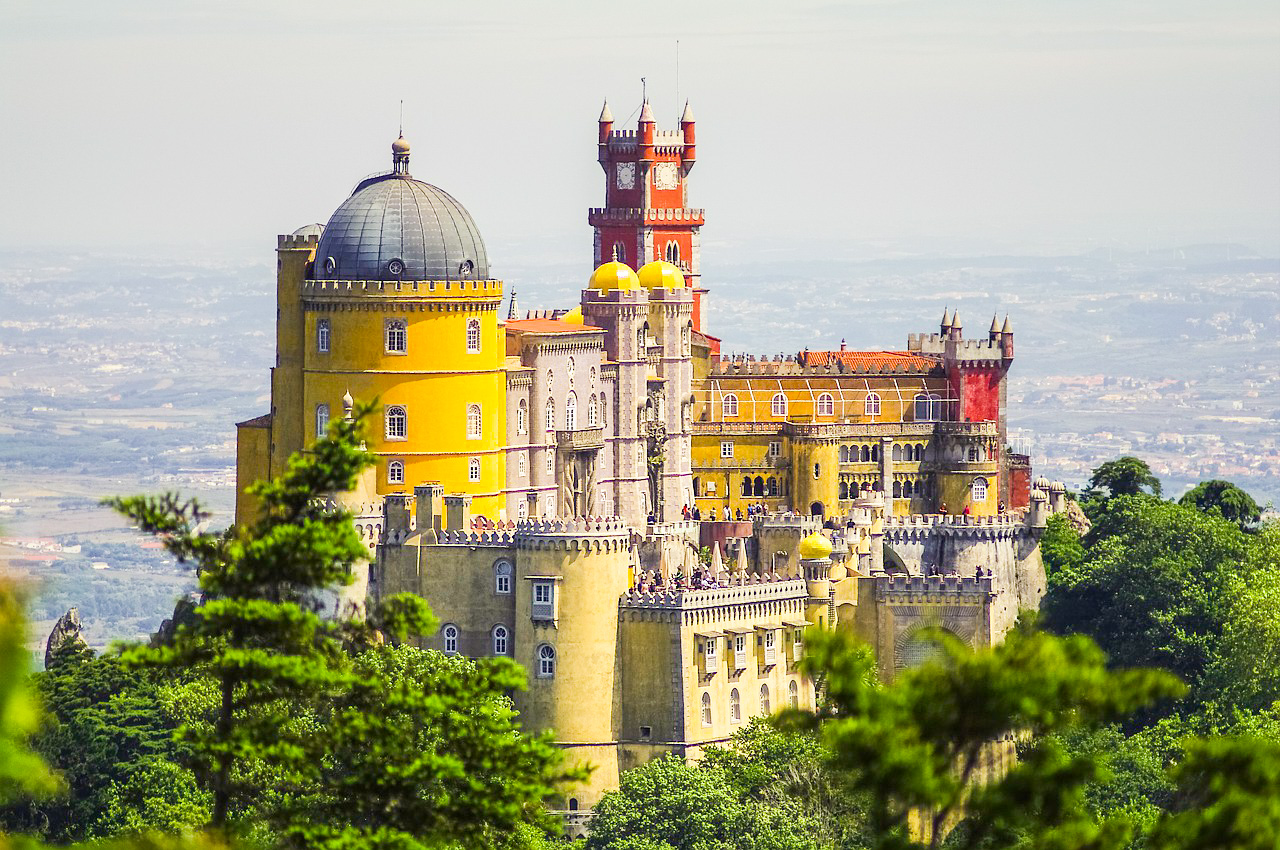Is Portugal Safe for Travel?
Portugal is one of the world’s most remarkable places to visit. Full of history, culture, beautiful beaches, and mountains, there is no shortage of things to do and see.
But is Portugal safe for travel? Whether you’re on a family vacation, a romantic getaway, or exploring the country on your own, here’s everything you need to know about any potential safety threats and what you can do to keep yourself safe from harm.
Is Portugal Safe for Travel?

Generally speaking, Portugal is as safe for travel as any other tourist destination you could visit but, of course, there are always some risks associated with visiting another country.
The primary concern in Portugal is petty crime. Pickpockets, purse snatching, and drug dealing are common, especially in major cities like Lisbon. But, for the most part, you will find Portuguese people to be welcoming, kind, and friendly. If you find yourself lost or in need of help, it won’t be hard to find a local willing to lend a hand.
When heading to a country like Portugal, you are in all likelihood going to have a fabulous time with no concerns but, you can’t forget your own part. Portugal may be safe for travel but you have to play an active role in your own safety and security.
No matter where you travel, staying safe should be a priority. Here are some tips that will not only keep you safe and secure in Portugal, but they can easily be applied to any trip you take.
General Tips for Maintaining Safety and Security
- Be Aware. Always be aware of your surroundings. Whether you are enjoying a Portuguese delicacy like pasteis de nata in one of the local restaurants, relaxing on a beautiful beach, taking public transport, or exploring the many historical sites, it pays to keep an eye on what’s going on around you.
- Leave Valuables at Home. If you are particularly concerned about being mugged or robbed, don’t make yourself a target. If you have something truly valuable that you can live without, don’t bring it on the trip at all. If you bring valuables but don’t need them on a particular outing, be sure to keep it as secure as possible in your room.
- Watch Your Bags. As we’ve mentioned, pickpockets are not unusual in Portugal. Make sure you protect any bags or purses you have with you. Put your purse in your lap when dining or riding a tram or train. The same goes for any shopping bags you may have with you. Do not leave them on the ground or on the backs of chairs. Try to make sure they are in sight at all times.
- Don’t Carry Lots of Cash. Walking around with large sums of money just makes you a target. It is already assumed that as a tourist you’ll have money. The more you carry on you, the more you risk losing. By leaving some cash at your accommodations or making withdrawals from an ATM only when needed, you can mitigate some of the risk (always be aware of your surroundings when using an ATM!). If you do not feel comfortable leaving your money and absolutely must bring it all with you. Be subtle about it. Separate it and hide it securely on your person so you aren’t pulling out a giant wad every time you make a purchase.
- Keep A Copy Of Your Passport. You never know when you might need to present your passport. Should you get in trouble, or need assistance, the Portuguese authorities may want to see it. Instead of risking the real one getting lost or stolen, make a copy to carry around for the duration of your visit.
- Get Travel Insurance. No matter where you are going, and no matter the duration of your trip, it is important to get travel insurance. The last thing you need is an unanticipated medical bill costing you thousands of dollars. Try and get a plan that covers theft and loss as well. Give yourself this peace of mind.
- Prepare For The Weather. Portugal can get hot. Always be sure that you can cover up if necessary and try to limit the amount of time you spend in direct sun, especially at midday. If possible, carry a bottle of water around with you so you can stay hydrated. This is particularly important if you are heading to one of the country’s many beaches or hiking through the mountains or nature preserves. Be safe.
- Observe Posted Warnings. If there are warnings on the beach related to currents or dangerous water conditions, pay attention. The Atlantic ocean can be unpredictable and it is important that you respect it. The same goes for posted rules and warnings in nature preserves. Always remember, you are a guest.
- Be Careful With Alcohol Consumption. Everyone wants to have a good time, we get it. But exercising a little bit of caution when it comes to alcohol consumption can go a long way. The last thing anyone needs is to get lost, or attacked, while in an inebriated state. And never leave your drink unattended. Always be careful.
- Try To Learn A Little Portuguese. Learning even a small amount of Portuguese can help you navigate many situations. It will make it easier for you to converse with locals and may help keep you safe.
Safety Tips For Specific Locations

Aside from observing the above-mentioned safety tips, there are a few extra things you should know about specific locations in Portugal.
Lisbon
In so many ways, Lisbon is like any other major city in Europe. It is
full of culture, history, and people. That combination makes for a
glorious tourist experience but it can also present a few different
dangers.
Unlike some countries, taxis and Uber in Lisbon provide
a safe way to get around in the streets if you can’t walk but you need
to be vigilant on a train, tram, or bus. This is especially true if you
are riding on the number 15 and 28 trams. These tourist-heavy routes are
rife with pickpockets.
It is also important to be aware of scams and distraction campaigns.
Places like Baixa, the historic centre of Lisbon, or train stations like
Rossio, Santa Apollonia, and Oriente can be a hotbed for theft. Because
tourists congregate in these areas, so do the criminals. They rely on
tourists not paying attention or falling for a distraction while their
partner steals their stuff. Again, always be aware of what is going on
around you.
If you are renting a car in Portugal, watch out for
“parking assistants” looking for money to watch your car for you.
Unfortunately, if you don’t pay them the money, they may break in or
vandalize your car and if you pay them, there is no guarantee that they
won’t do it anyway. Unless necessary, consider leaving the car at your
accommodations and using public transportation or ride sharing within
the city.
Like any other major city, Lisbon is not without its undesirable elements. Prostitution and drug dealing happen and so it is important that you try to stick to well-trafficked areas to avoid any potential dangers. By all means, explore the city but if something doesn’t look or feel safe to you, trust your instincts.
Drugs were decriminalized in Portugal in 2001 but possing them is still illegal and often addressed with a fine. In order to make a living, drug dealers have become rather creative. Many visitors will purchase an item like sunglasses from a person on the street only to discover that they are actually buying drugs. If you are approached by someone in this way, refuse and walk away.
The Algarve
The Algarve is found in southern Portugal and is far and away one of the
most popular tourist destinations. You can easily make your way there
from Lisbon or you can plan to fly directly into the Faro Airport.
The region is known for its beaches, historical sites, and incredible nightlife. No matter where you stay in the Algarve, you are bound to find an incredible experience.
Whether
you are wandering the many cobblestone streets, exploring golden
cliffs, hitting the club scene or playing a round or two of golf, you
can’t forget about your personal safety and security. Again, this area
of Portugal is typically safe but you still need to keep an eye out.
In
the larger cities like Faro, you need to take the same sorts of
precautions you would in a place like Lisbon. Watch for pickpockets and
keep your valuables safe. Do not leave anything out in the open or
unattended.
Probably the biggest threat to tourists in the Algarve are other tourists. This is especially true for places like Albufeira and resort towns like Praia da Rocha where the club and party scene is pretty big. When combined, alcohol and vacation can lead people to behave in ridiculous, outlandish and downright dangerous ways. Be careful with your alcohol consumption, do try to keep your wits about you and never leave your drink unattended. While it is not overly common, there is always a risk that someone will spike your drink.
When visiting a praia, or beach, do not leave your stuff unattended.
Again, whenever possible leave valuables securely at your accommodation.
Always observe the colored flags on the beach. A chequered flag means the beach is unsupervised, red means the beach is unsafe, yellow means that you can paddle but not swim, green means you can swim, blue means the beach is clean and safe. Do not forget to use your best judgment. Weather and ocean conditions can change quickly, so while we want you to unwind and enjoy yourself, we always want you to stay safe.
Another thing to be aware of in the Algarve, especially when visiting more rural areas like the mountainous Monchique, is forest fires. Staggeringly hot summers create a real fire threat. Fires can be unpredictable so if there is a fire in the region while you are there, keep your eye on the news and listen for any evacuation orders. Remember, when visiting Monchique, the Algarve’s nature preserves, or wooded areas, do not toss cigarette butts, cook on an open flame, or leave glass lying around.
When heading to the western part of the Algarve, be aware of cliff erosion. Aside from the beaches, one of the biggest draws for places like Lagos is the stunning golden cliffs and natural wonders like Ponta de Piedade. When traveling to these areas, be aware of falling rocks and small landslides. Be careful around cliff ledges. Remember, that perfect selfie or Instagram shot is not worth your life. Heed any posted signs and warnings.
Douro Valley
Many tourists looking to get out of the cities and enjoy gorgeous views along with some of the best wine in the world, will set out for the Douro Valley. The Douro river is one of the major rivers of the Iberian Peninsula. It begins in Spain and ends in the Atlantic ocean at Porto.
The Douro is becoming a hot spot for visitors to Portugal and remains a safe place to visit. You are unlikely to experience the same risk of petty crime in this area but being alert remains a good idea. Places like the area around the Porto cathedral, the streets of Vila Nova de Gaia, and the Sao Bento train station can be a little riskier so be aware of your surroundings.
The biggest safety and security risk you will face in the Douro comes from nature. Again, the sun in Portugal can get extremely hot so be prepared for it, especially if you will be drinking wine and wandering the countryside.
Sintra
Sintra is found just outside of Lisbon, in the hills of the Serra de Sintra. Home of the Moorish Castle, Pena Palace, and Cabo da Roca (the western-most point in mainland Europe), there are plenty of reasons to visit Sintra.
But, like the other places on this list, it is important to understand your surroundings. Sintra is a popular destination for tourists and as such, it can be expensive. Thieves know that visitors will be carrying large amounts of cash so you face a petty crime risk in Sintra.
Because Sintra is located in the hills, the roads are narrow and steep which means it can be difficult for some people to get around. Know your physical limitations, your safety and well being should always be the most important thing.
And finally, the weather in Sintra can be a little uncertain. The weather in the Old Quarter at the base of the mountain may not be the same as the weather higher up. So, always bring a layer or two with you if you plan on venturing to higher places like Pena Palace. It might be bright, sunny and warm, at the base and damp and foggy and higher elevations. Better to bring a jacket and not need it than to be caught out in the cold.
If you are planning a trip to Portugal, you have little to worry about. Portugal is safe for tourists and in the vast majority of cases, you will not have a single negative experience. By following the tips laid out above, you are sure to have a safe and happy holiday. Keep your eyes open and enjoy your stay!
